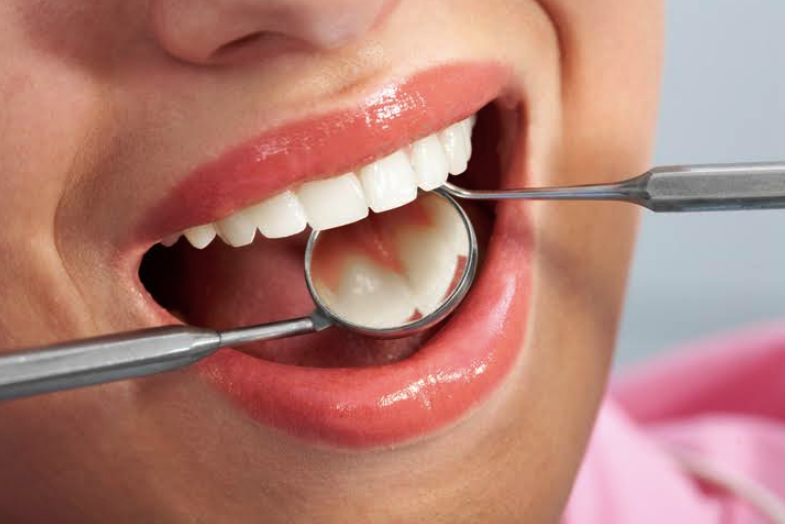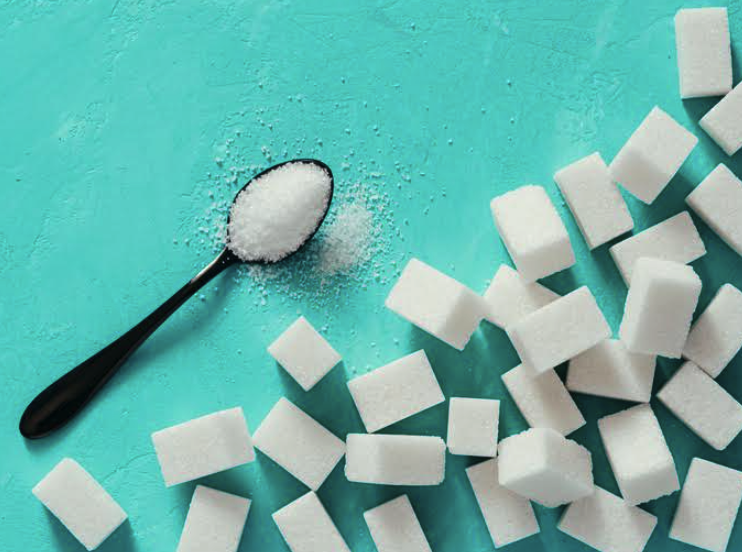
Cavities are an oral health problem that many people suffer from at least once in their lifetime. Cavities occur with tooth decay, which happens when our enamel breaks down and softens. With softening enamel, the acids that the natural bacteria in our mouths create can permeate the enamel more easily. This can result in cavities—tiny holes in our teeth that develop as minerals are worn away.
While cavities can be repaired by a dentist, it’s important to understand that the frequent development of cavities is often an indication of a wider oral health problem. If you’re interested in becoming a dental assistant, you’ll be advising people on how to care for their teeth. One of the topics you’re likely to frequently discuss with clients is the prevention of cavities.
In order to promote good oral health as a dental assistant, it’s important to know the most common causes of cavities, and how to prevent them.
Those in Dental Assistant College Should Know the Dangers of Sugary Foods
As one of the biggest culprits in cavity development, sugary foods should be avoided. The naturally occurring bacteria in our mouths love to feed on the sugar in the foods we consume. While sugar doesn’t directly cause cavities, it does produce an increase in the bacteria that can cause cavities. Just 20 seconds after we eat something sugary, bacteria in the mouth work to convert it into acid, which can wear away the layer of enamel on our teeth. During your dental assistant career, it’s a good idea to advise clients to stay away from foods high in sugar like candy and sugary beverages.

Acidic Foods Can Cause Cavities
Just like sugary foods, the acidity of foods and beverages like citrus fruits, fruit juice, and soda can also produce acid in our mouths that can wear down our enamel and enable cavities to form. In fact, acidic foods can be even more likely to cause cavities than sugary foods, with these foods potentially causing direct damage to the enamel on our teeth. With this in mind, it’s important to instruct clients to rinse their mouths with water after consuming acidic foods. They should also be instructed to wait around thirty minutes before brushing their teeth again, as brushing teeth too soon after an acidic meal can put extra strain on the enamel.
Age Is a Factor
Age can also play a role in the occurrence of cavities. As we get older, our enamel inevitably erodes, and the likelihood of developing gum disease increases. Gum disease increases a tooth’s exposure to the bacteria in our mouths, allowing more of the tooth surface area to be prone to cavities. Additionally, seniors are more likely to suffer from a lack of saliva in their mouths—a side effect of many medications that they may be taking. As saliva flow is important in flushing food remnants and neutralizing the acids in our mouths, a reduced amount of it can cause cavities to develop more frequently. After you become a dental assistant, it’s especially important to advise seniors to brush and floss regularly, as well as to watch the sugar and acid content in the foods they eat.

Genetics Make Some People More Prone to Cavities Than Others
If a client has good oral hygiene practices but still gets cavities frequently, this could be an indication of a genetic predisposition to cavity development. Our genes determine how hard our enamel is, and for those who have weak enamel to begin with, it’s harder to fight against cavity-causing bacteria.
Inadequate Oral Hygiene Practices
Whatever the cause, the most important thing that clients should know is that cavities are often preventable. Brushing and flossing on a daily basis, as well as visiting the dentist twice a year, are all great ways to prevent cavities from developing. If a client fails to brush, floss, or schedule regular checkups, they’re setting themselves up for an increased risk of cavities. It’s important as a dental assistant to make sure that clients understand the importance of regular oral hygiene.
Passionate about oral care? Dental assistant college could be right for you!
Check out Discovery Community College’s program options today.

